
5 minute read
CREATIVE CONTAINERS
INNOVATION
USATODAYSPECIALEDITION
Advertisement
GETTY IMAGES
Companies are reimagining better bottles, boxes and bags
By Tom Samiljan
ROM BIG-SCREEN TVS AND
Fbeer to soap and supplements, almost everything we buy comes in a package. For years, eco-conscious consumers put cardboard boxes, glass bottles, plastic containers and paper coverings in the recycling bin. But with the global recycling infrastructure well over capacity , even this taken-for-granted wastereduction method is no longer an easy sustainability practice. Coupled with increased sustainability regulation and consumer demand — nearly 60 percent of consumers are ready to make shopping decisions based on environmental impact, according to a 2020 study by IBM and the National Retail Federation — companies are adapting to the need for circular packaging practices. This means packaging that’s not only easier and less costly to recycle, but is also reusable, compostable and biodegradable — all criteria that have led creative minds to devise innovative and intriguing solutions. Here are some examples: THINKING OUTSIDE OF THE BOX
Among the more ubiquitous packages
CONTINUED
USATODAYSPECIALEDITION
ADVERTISEMENT
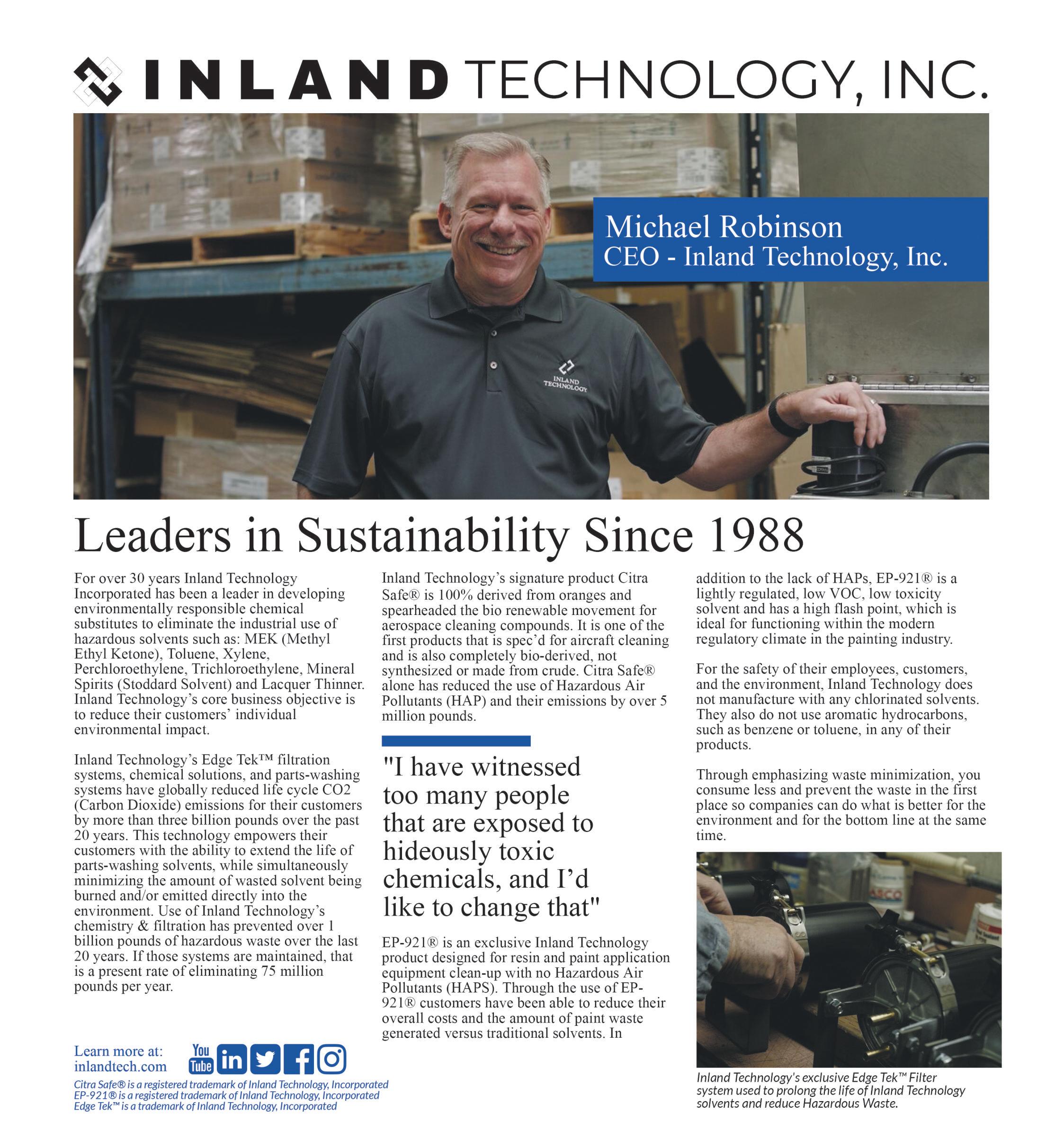
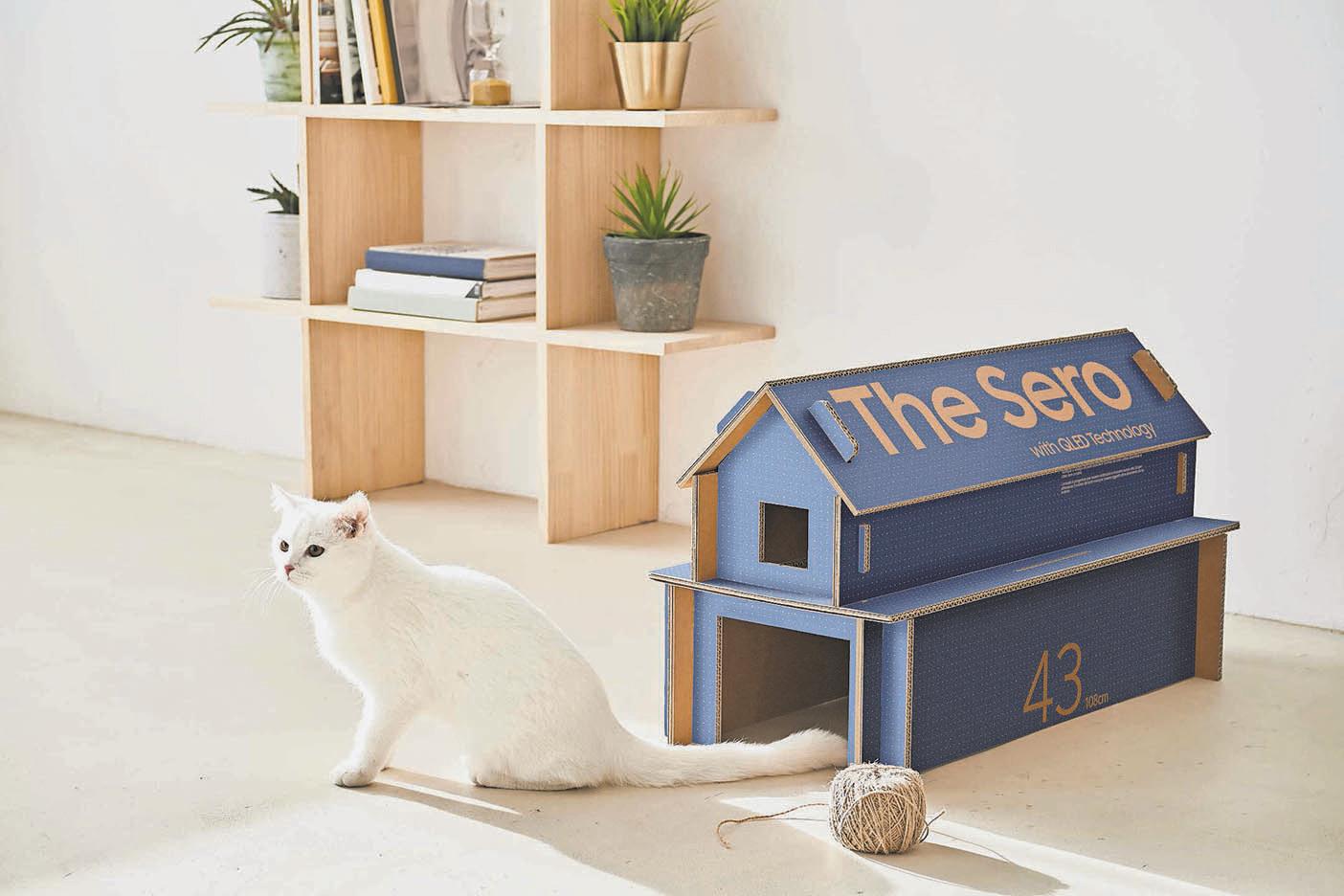
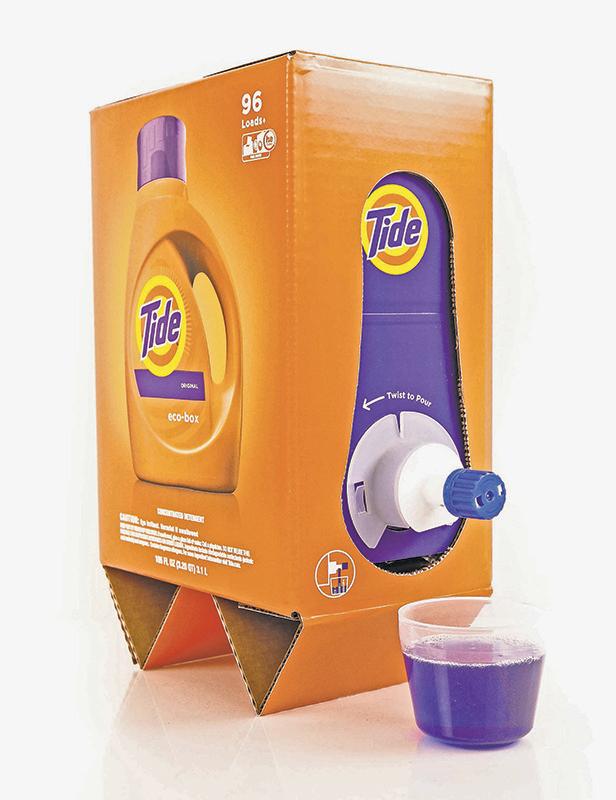

to end up in the recycling pile or on the street are cardboard TV boxes. To address this, Samsung now ships its entire line of TVs in corrugated cardboard “ecopackaging” boxes , which are designed to be converted into useful furniture such as storage shelves, sneaker racks, end tables and pet houses. Consumers scan QR codes to receive directions on how to build more than a dozen diff erent designs by using a series of dot-matrix grids emblazoned on each box as measurement tools and road maps.
Samsung’s eco-packaging is a sustainable solution to an environmental and business burden. “It’s important to remember that our industry uses packaging because we have to, because it’s a necessary element of getting our products safely and undamaged to our consumers,” says Walter Alcorn, vice president of environmental affairs at the Consumer Technology Association . “We’re not using packaging to sell to the people or to sell anything, frankly.” REDESIGNING WITH SHIPPING IN MIND
The consumer packaged goods industry has a diff erent challenge, given that so many of its products — food, household cleaning supplies, shampoo, drugs — have for many years come in single-use plastic bottles and containers. Procter & Gamble recently partnered with Amazon’s Certifi ed Frustration-Free Packaging program to design the Tide Eco-Box , a sealed bag of liquid detergent inside a Tide-branded cardboard box that doubles as the shipping container. Gone is an extra external packing box, plastic bottle and Bubble Wrap . In its place is a container that’s 4 pounds lighter, uses 60 percent less plastic and 30 percent less water, and provides for 37 more loads of laundry than its 150-ounce plastic predecessor. GOODBYE, PLASTIC BOTTLE? Big users of plastic and glass bottles — the Coca-Cola Company , Denmark-based beer brewer the Carlsberg Group , The Absolut Company owner Pernod Ricard and L’Oreal — recently joined forces with Paboco to develop bottles and containers made entirely out of paper, although the initial prototypes still use bio-based plastic closures and linings to contain and keep the products fresh. As part of a pilot program last year, Pernod Ricard released 2,000 of its 57 percent paper and 43 percent plastic bottles containing either Absolut Vodka or Absolut Mixt in

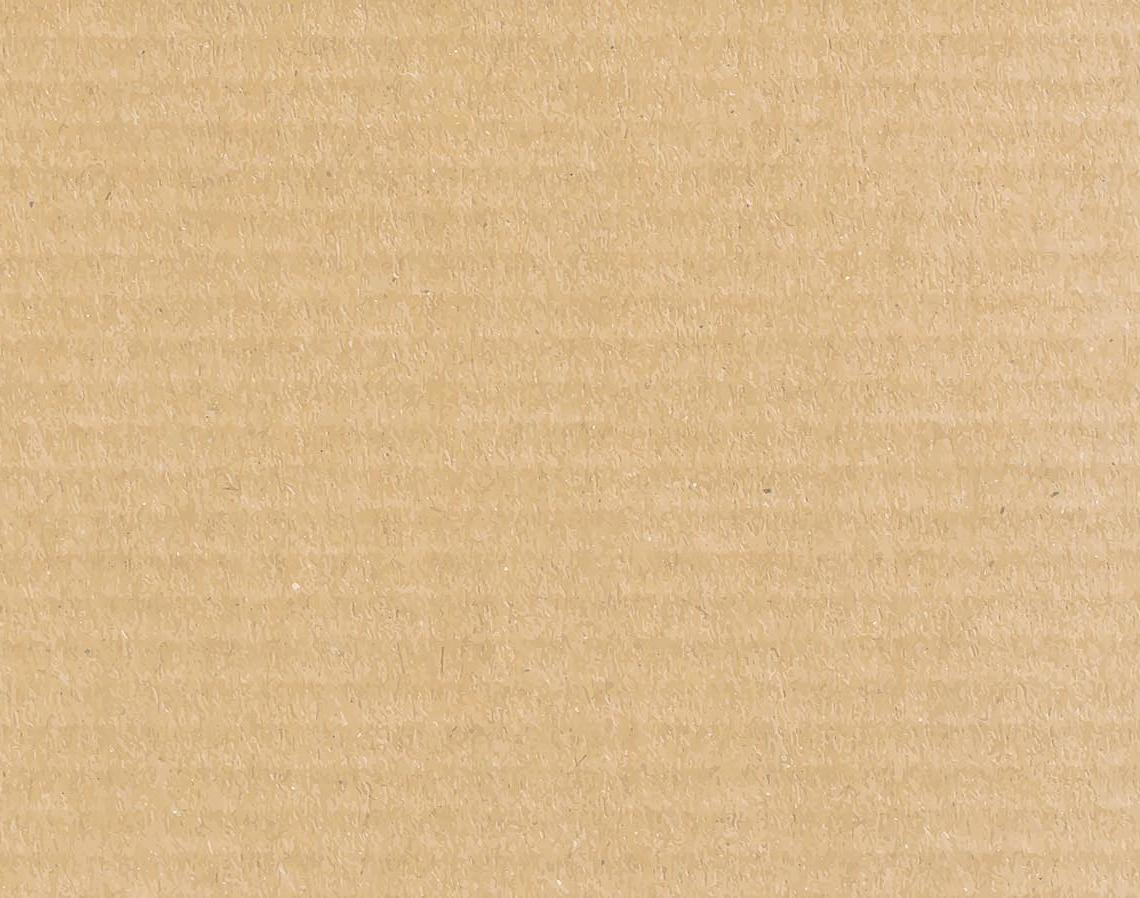
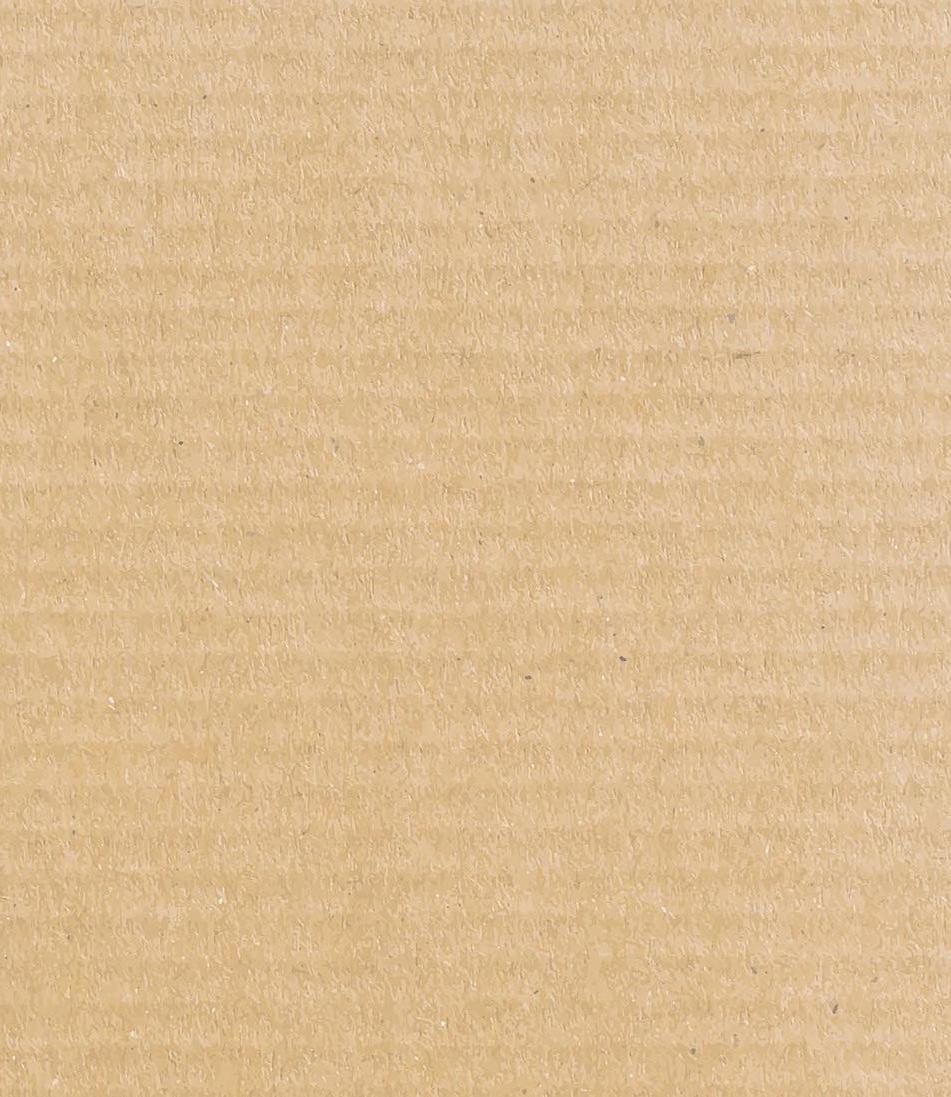
CONTINUED INNOVATION
USATODAYSPECIALEDITION
SAMSUNG Samsung’s eco-friendly packaging of three TV models allows users to upcycle instead of discard corrugated cardboard.
PROCTER & GAMBLE The Tide Eco-Box contains 60 percent less plastic than the company’s 150-ounce detergent packaging.
THE CARLSBERG GROUP The Carlsberg Group has produced a prototype paper beer bottle made from sustainably sourced wood fibers.
USATODAYSPECIALEDITION

INNOVATION


BUSINESS WIRE Burger King has partnered with Loop to test a new service in which food packaging is sanitized and reused.
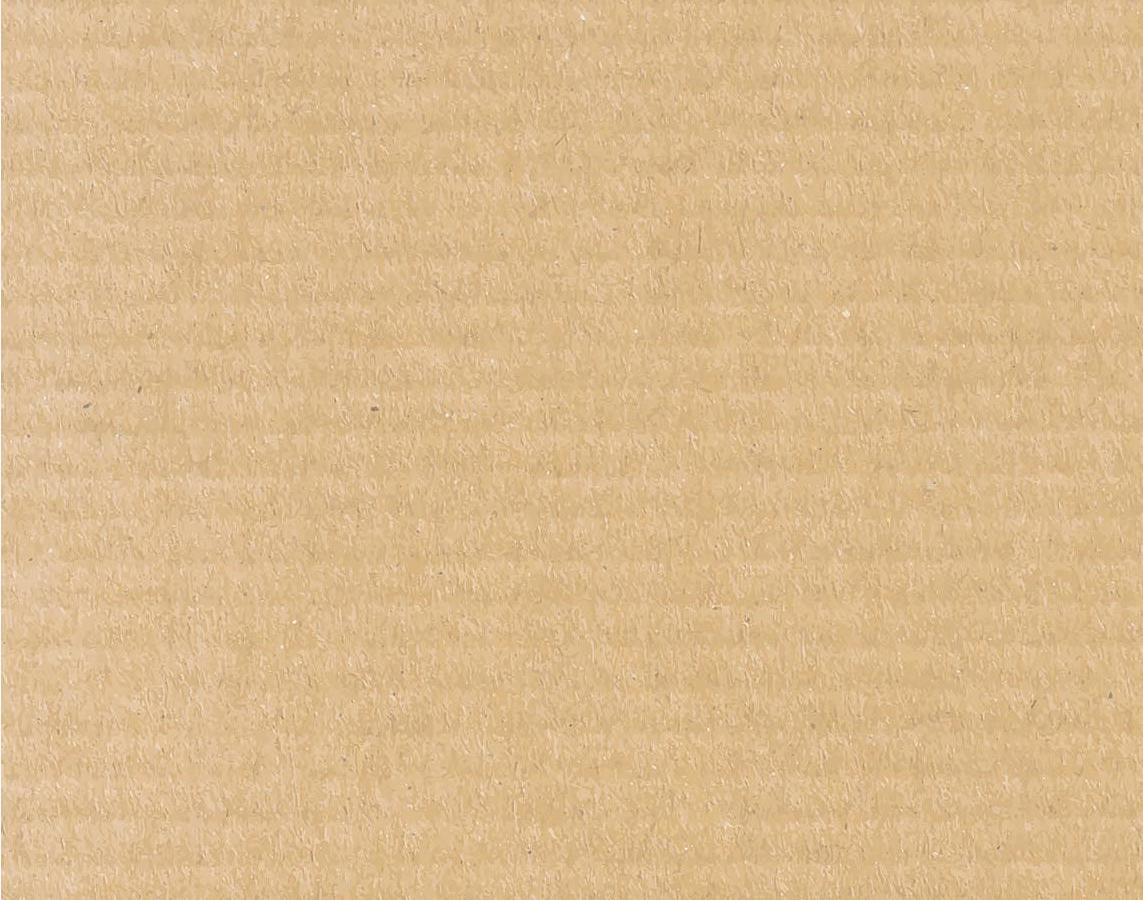
GERBER Gerber’s first-of-its-kind single-material baby food pouch is designed for easier recycling.
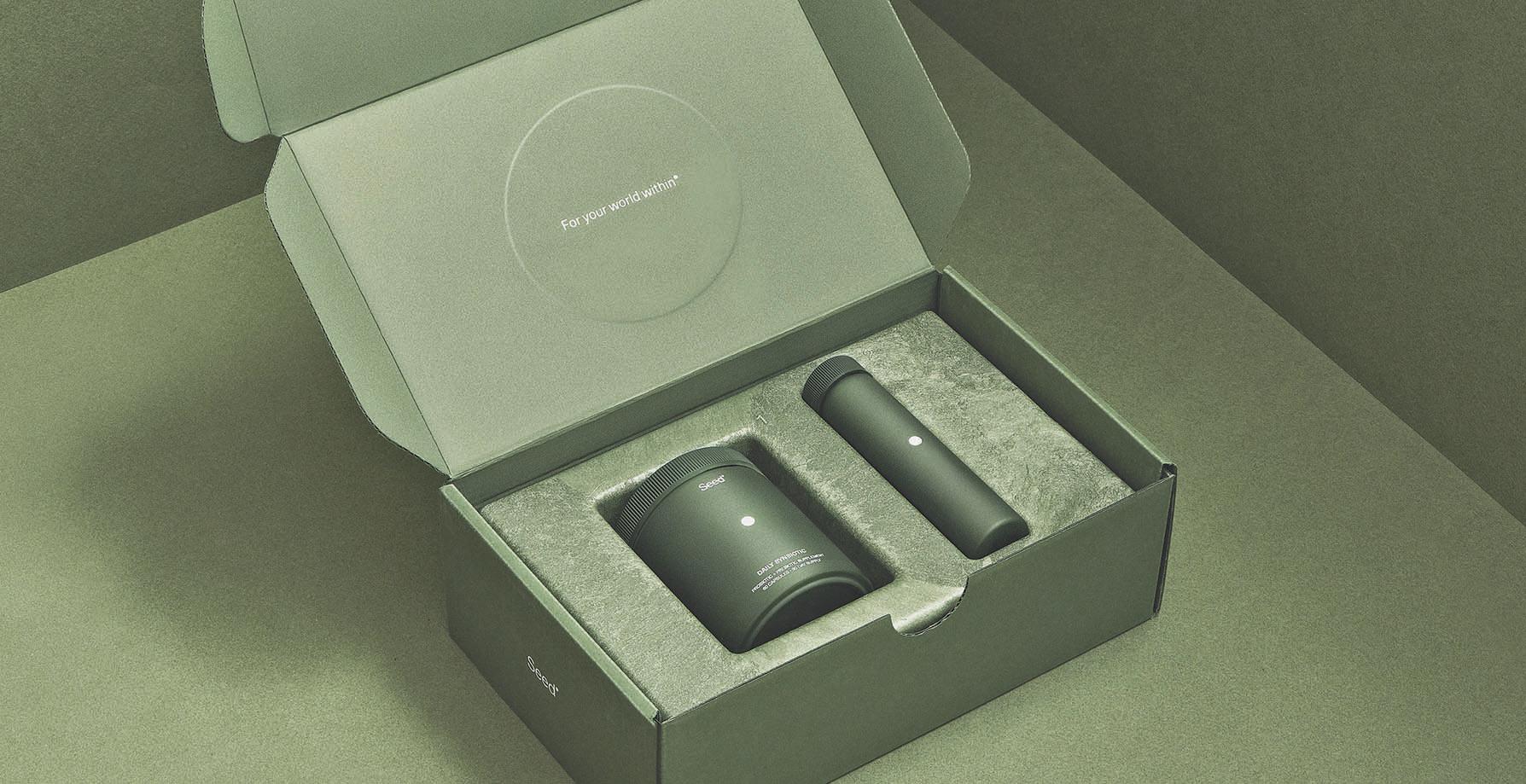

The packaging for Seed’s products are either reusable or biodegradable and can be composted.

SEED
USATODAYSPECIALEDITION
Sweden and the United Kingdom , with plans for a second run this spring. PLANET-FRIENDLY PACKAGING
Another solution is mono- or singlematerial packaging. Most baby food, for example, comes in pouches made of multiple materials — namely two layers of plastic with a strip of aluminum in the middle. “This makes them diffi cult to recycle,” says Katie Clark, director of sustainability at baby food company Happy Family Organics . “Right now, there’s a lot of momentum and progress around monolayer pouches.”
Happy Family is currently developing new single-material pouches with its packaging partners, while Gerber, the world’s oldest baby food company, last year launched the fi rst monolayer baby food pouch . “Designing with a single material creates greater value for the recycling industry, promoting the development of better recycling infrastructure,” Tony Dzikowicz, associate director of packaging at Gerber, said in announcing the product.
Seed , a probiotic supplement subscription service, uses an intriguing mix of reusable and bio-based materials in its packaging. The welcome kit includes a reusable glass jar , which customers keep for monthly refi lls, packed in a tray made of renewables such as starch, natural fi bers and water that’s designed to decompose in soil in 30 days. Monthly refills come in a compostable pouch with biodegradable foam that dissolves in water as insulation. Shipping boxes are made of biodegradable algae paper.
Loop is a circular service offered by recycling company TerraCycle that delivers its groceries, health and personal care products, and cleaning supplies in reusable metal, glass and plastic containers, which are retrieved aft er use, sanitized and returned to circulation. This year, Loop is launching a zero-waste program at select Burger King restaurants . Diners leave refundable deposits on their reusable Whopper containers and soda cups, and instead of tossing them in the garbage, they return the containers and get their deposits back.
In November 2020, Tupperware became the fi rst reusable plastic brand to partner with Loop . When the service launches this year, consumers will have the ability to purchase products from leading consumer brands and retailers packaged in reusable Tupperware products. The partnership is part of Tupperware’s No Time to Waste initiative to signifi cantly reduce single-use plastic and food waste by 2025.
USATODAYSPECIALEDITION









